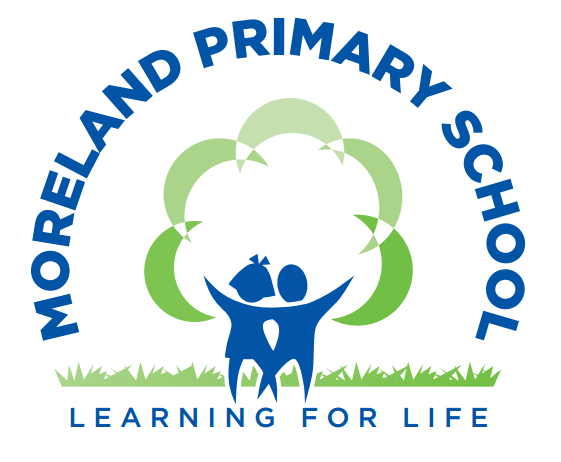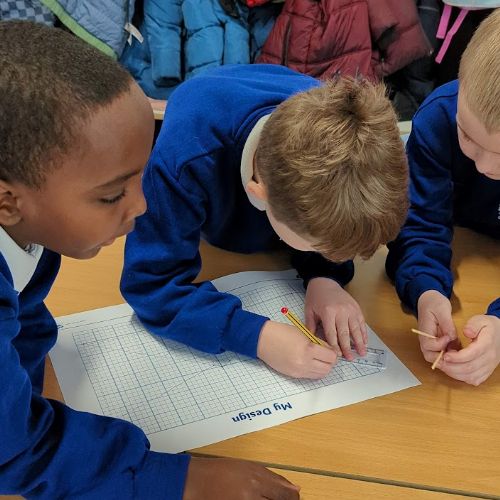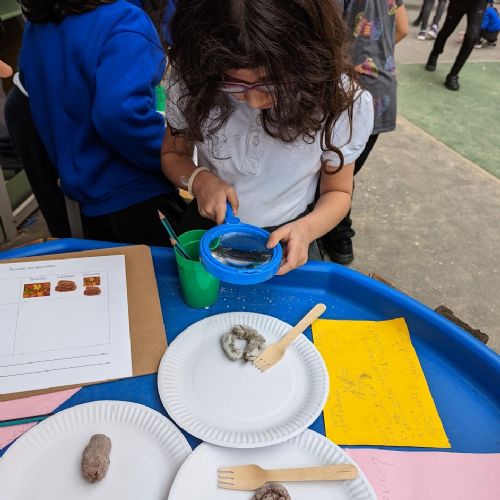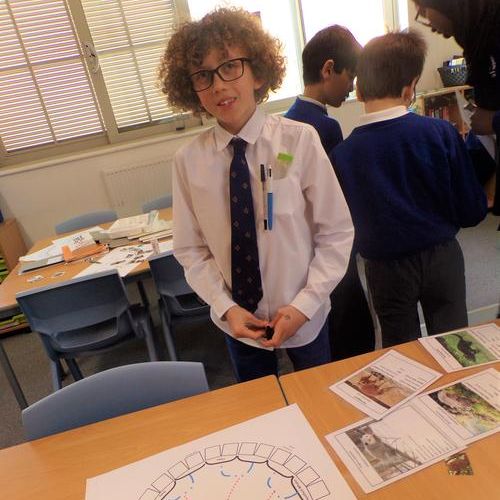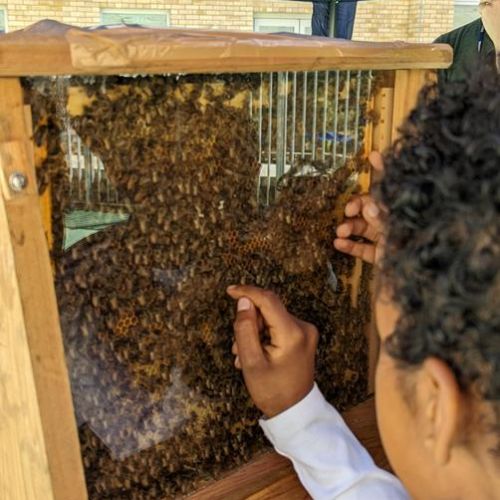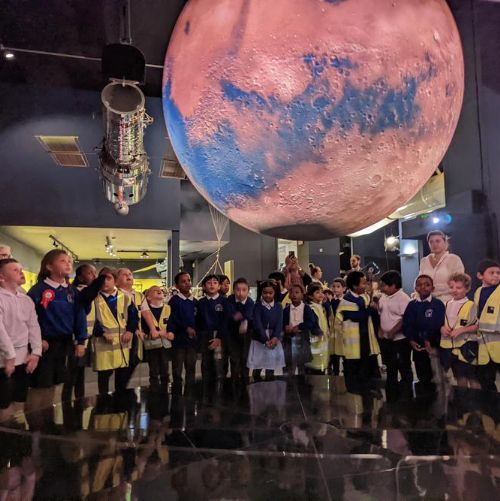Science
In the EYFS Science is covered in the ‘Understanding the World’ area of the EYFS Curriculum. It is introduced indirectly through activities that encourage every child to explore, problem solve, observe, predict, think, make decisions and talk about the world around them. During their first years at school, our children will explore creatures, people, plants and objects in their natural environments. They will observe and manipulate objects and materials to identify differences and similarities. They will also learn to use their senses, noticing and describing what they see, feel, smell, touch and taste. They will make observations of animals and plants and explain why some things occur and talk about changes. Children will be encouraged to ask questions about why things happen and how things work. Children will also be asked questions about what they think will happen to help them communicate, plan, investigate, record and evaluate findings.
In Years 1-6 we teach Science topics using the Switched on Science scheme of work This allows children to be fully immersed in their scientific enquiry and learning and develop a sense of excitement and curiosity about Science. Science lessons are practical allowing children to work and think scientifically and children participate in experiments and investigations, answering scientific questions as part of the curriculum. Children are taught essential aspects of the knowledge, methods, processes and uses of science. Through building up a body of key foundational knowledge and concepts.
Reading lessons, during Science blocks, are also linked to Science topics, allowing children to extend their background scientific knowledge, learn about the history of scientific discovery, new scientific discoveries and applications, key figures in Science and reinforce new scientific vocabulary. Children are given opportunities to write up science experiments and scientific reports.
There are many enrichment opportunities linked to the Science Curriculum including visits to places such as The Science Museum, The Garden Classroom, The Natural History Museum, London Zoo, City Farms, Highgate Woods and The Royal Observatory. Children also take part in science-based workshops in school and share their scientific learning through a Science Fair to celebrate British Science Week. We provide children with insight into careers in STEM subjects through Dream Catcher Assemblies and links with organisations such as Inmarsat, City University, The British Antarctic Survey and 3 Discovery.
Science Curriculum
